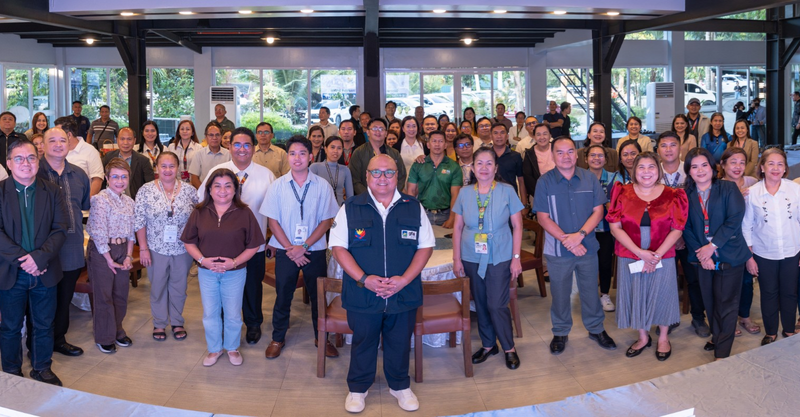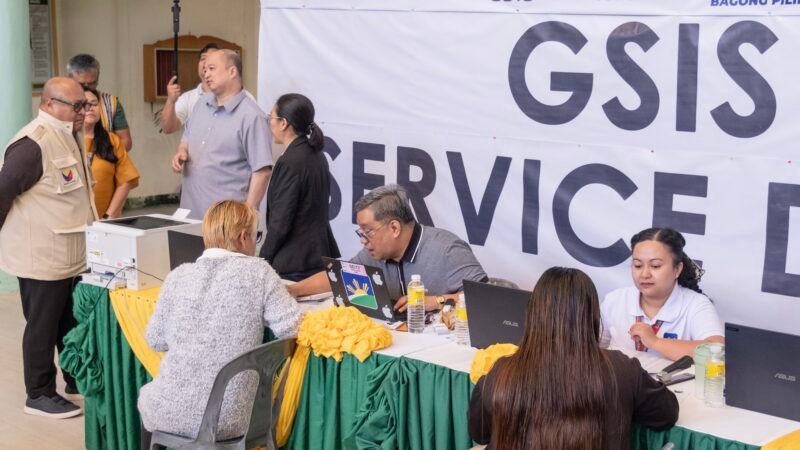COVID-19 pandemic complicates journalists’ work
While institutions, governments, elected officials, companies and sports federations are all having to adapt to new constraints under the coronavirus pandemic, experts say they are often using the health crisis as an excuse to restrict journalists’ access.
Fewer physical press conferences, questions that must be submitted in advance or sometimes no questions at all, queries that go unanswered — information does not circulate well in the age of Covid-19.
Examples include international football matches, in which UEFA ditched mixed zone areas where journalists usually get to quiz players, and Fashion Weeks, where it has been almost impossible to question designers.
“We’re seeing all sorts of situations where people are using Covid to hide information,” said David Cuillier, professor of journalism at the University of Arizona.
Cover-up attempts often involve information about the pandemic itself, which may shed unfavorable light on the management of the virus by government or local officials.
This week, Kansas Governor Laura Kelly turned down a request from the Kansas Reflector news site for contact information for businesses in the state connected to outbreaks of Covid-19.
So as not to reveal the number of cases in a retirement home or university, for example, some authorities hide behind arguments about personal data even if that data is anonymous and the laws don’t apply, Cuillier said.
Government agencies, city councils or local organizations are making decisions “behind closed doors,” adds the former president of the Society of Professional Journalists.
In politics, Democratic presidential candidate Joe Biden is regularly accused of shielding himself from the media under cover of the pandemic.
His campaign team uses health precautions to justify restricting access to Biden to only a dozen reporters and photographers.
When he takes questions, which is rare, his communications team designates the four or five journalists allowed to quiz him.
Republicans have accused Biden, without evidence, of knowing the questions in advance.
In addition to restricted access, journalists have been subjected to censorship in several countries, a measure presented as a means of combating disinformation linked to the pandemic.
Some countries, such as China and Egypt, have canceled visas or ordered the deportation of foreign reporters after publishing articles on the response to the pandemic.
These difficulties come at a time when the media landscape is already under pressure from fallen incomes, which have been worsened by the pandemic, especially among local papers. (Thomas Urbain with AFP bureaus)



